Top Career Management Books
Discover the best career management books to boost your professional growth. Explore top-rated guides for resumes, networking, leadership, and career advancement strategies.

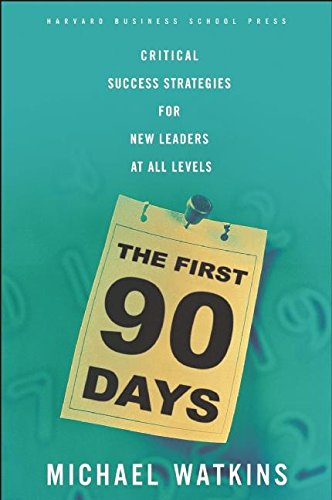
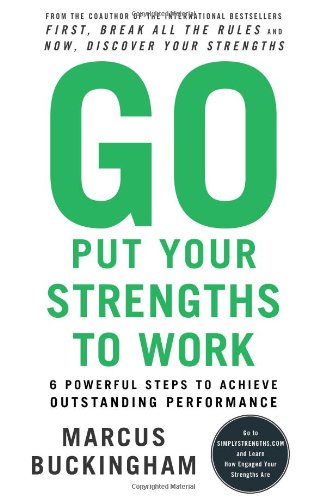
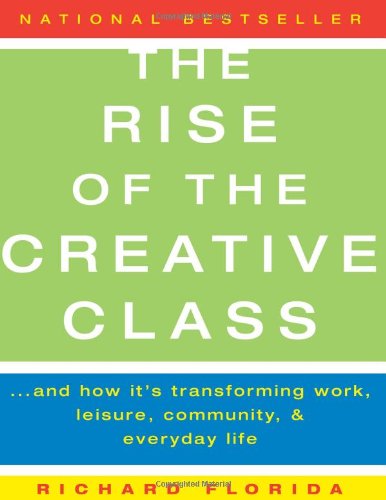
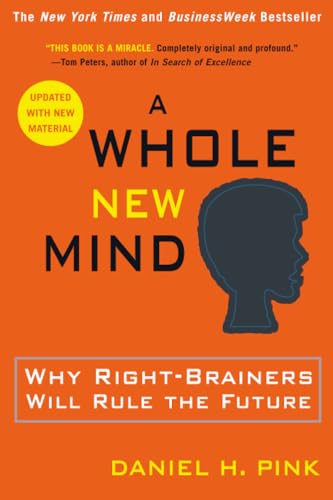
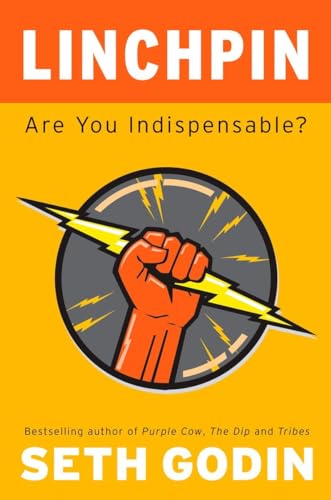
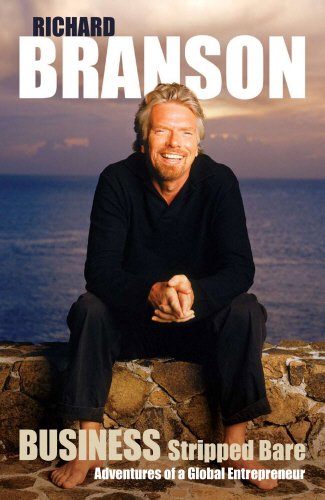

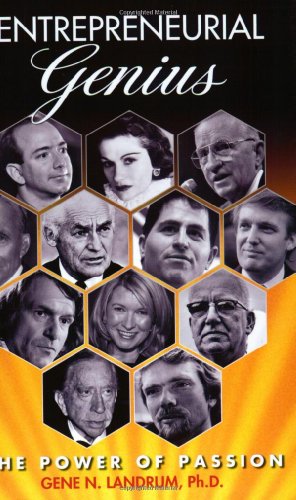

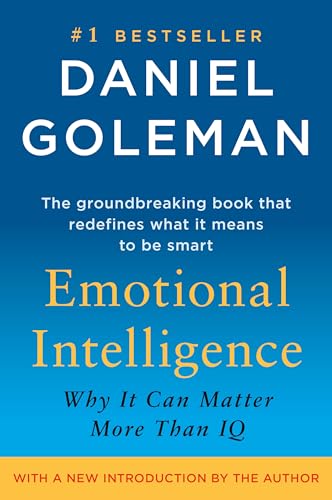

Book
Do What You Are
by Paul D. Tieger
Already a classic in the genre, DoWhat You Are has helped hundreds of thousands of people find truly satisfying work. Do What You Are introduces Personality Type - how you process information, make decisions and interact with the world around you - and shows you which of the 16 types describes you best. It lists dozens of occupations that are popular with people of your type. Then, using workbook exercises and real-life examples to highlight the strengths and pitfalls of each personality type, it shows you step-by-step how touse your unique strengths to customise your job search,ensuring the best results in the shortest period of time.And if you plan to stay in your job, Do What You Are provides savvy advice for getting the most out of your current career.Every other career guide offers generic, one-size-fits-all advice. But because it is based on personality type, Do What You Are helps you determine what you need to be more successful and satisfied.
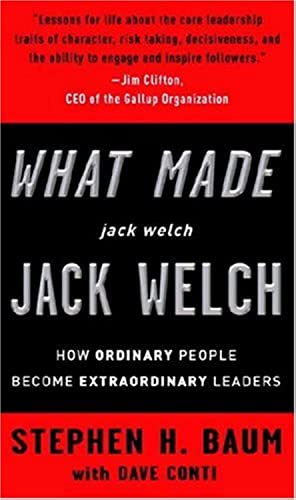
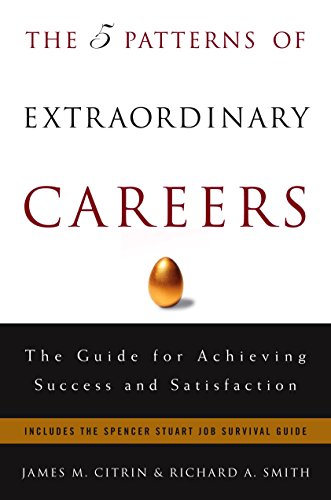

Book
Good to Great
by Jim Collins
The Challenge Built to Last, the defining management study of the nineties, showed how great companies triumph over time and how long-term sustained performance can be engineered into the DNA of an enterprise from the verybeginning. But what about the company that is not born with great DNA? How can good companies, mediocre companies, even bad companies achieve enduring greatness? The Study For years, this question preyed on the mind of Jim Collins. Are there companies that defy gravity and convert long-term mediocrity or worse into long-term superiority? And if so, what are the universal distinguishing characteristics that cause a company to go from good to great? The Standards Using tough benchmarks, Collins and his research team identified a set of elite companies that made the leap to great results and sustained those results for at least fifteen years. How great? After the leap, the good-to-great companies generated cumulative stock returns that beat the general stock market by an average of seven times in fifteen years, better than twice the results delivered by a composite index of the world's greatest companies, including Coca-Cola, Intel, General Electric, and Merck. The Comparisons The research team contrasted the good-to-great companies with a carefully selected set of comparison companies that failed to make the leap from good to great. What was different? Why did one set of companies become truly great performers while the other set remained only good? Over five years, the team analyzed the histories of all twenty-eight companies in the study. After sifting through mountains of data and thousands of pages of interviews, Collins and his crew discovered the key determinants of greatness -- why some companies make the leap and others don't. The Findings The findings of the Good to Great study will surprise many readers and shed light on virtually every area of management strategy and practice. The findings include: Level 5 Leaders: The research team was shocked to discover the type of leadership required to achieve greatness. The Hedgehog Concept (Simplicity within the Three Circles): To go from good to great requires transcending the curse of competence. A Culture of Discipline: When you combine a culture of discipline with an ethic of entrepreneurship, you get the magical alchemy of great results. Technology Accelerators: Good-to-great companies think differently about the role of technology. The Flywheel and the Doom Loop: Those who launch radical change programs and wrenching restructurings will almost certainly fail to make the leap. “Some of the key concepts discerned in the study,” comments Jim Collins, "fly in the face of our modern business culture and will, quite frankly, upset some people.” Perhaps, but who can afford to ignore these findings?
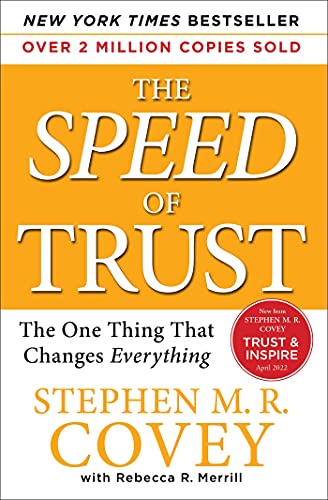
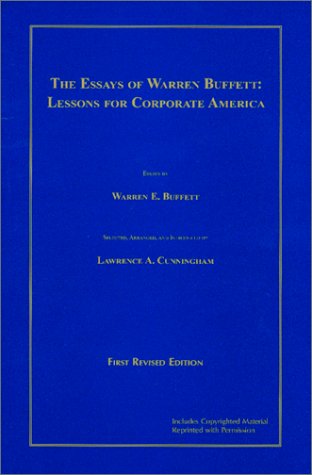

Book
How to Win Friends and Influence People
by Dale Carnegie
Provides suggestions for successfully dealing with people both in social and business situations